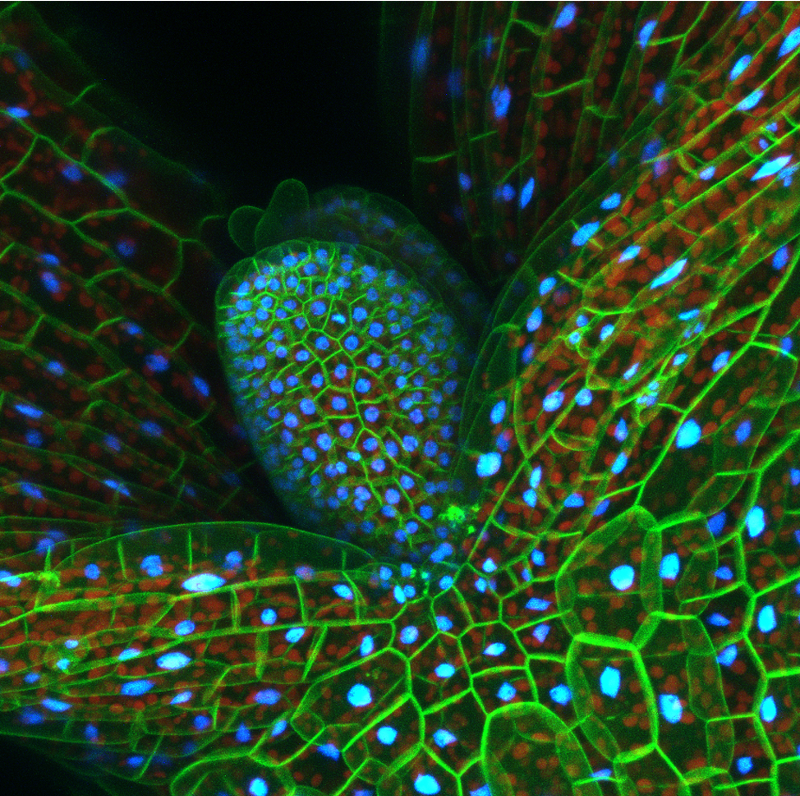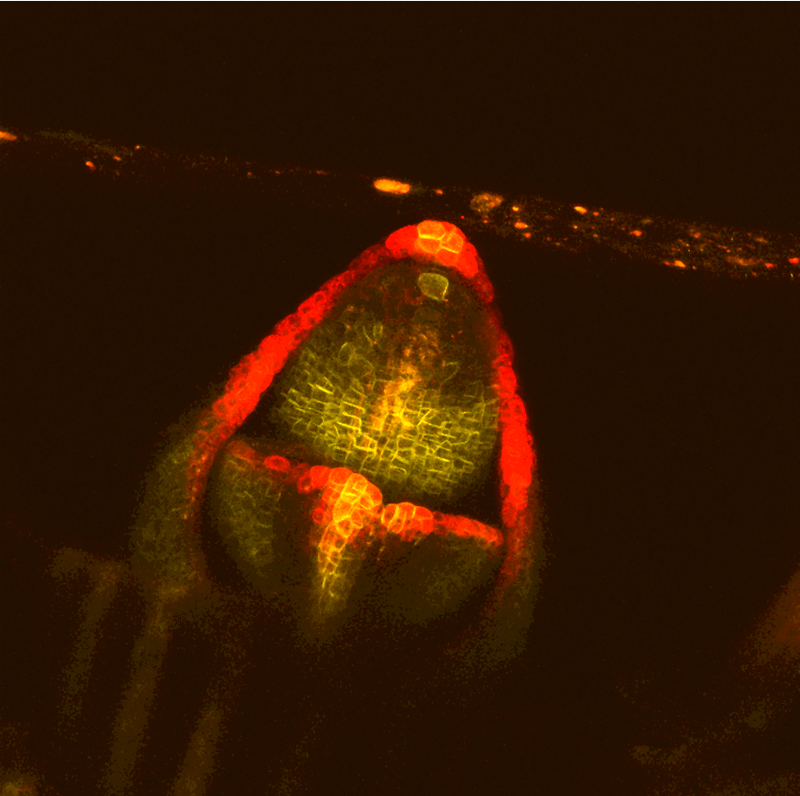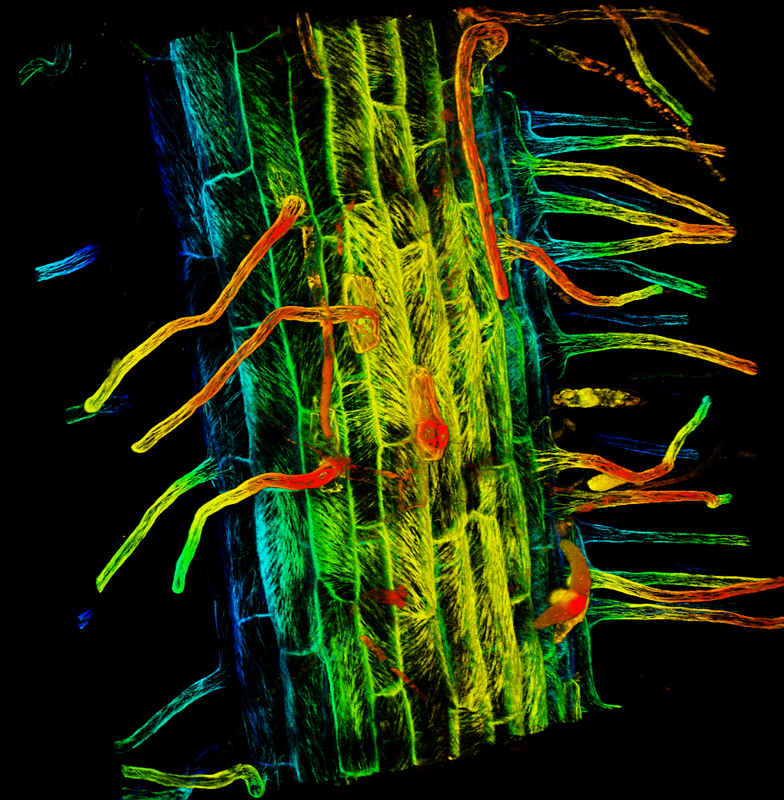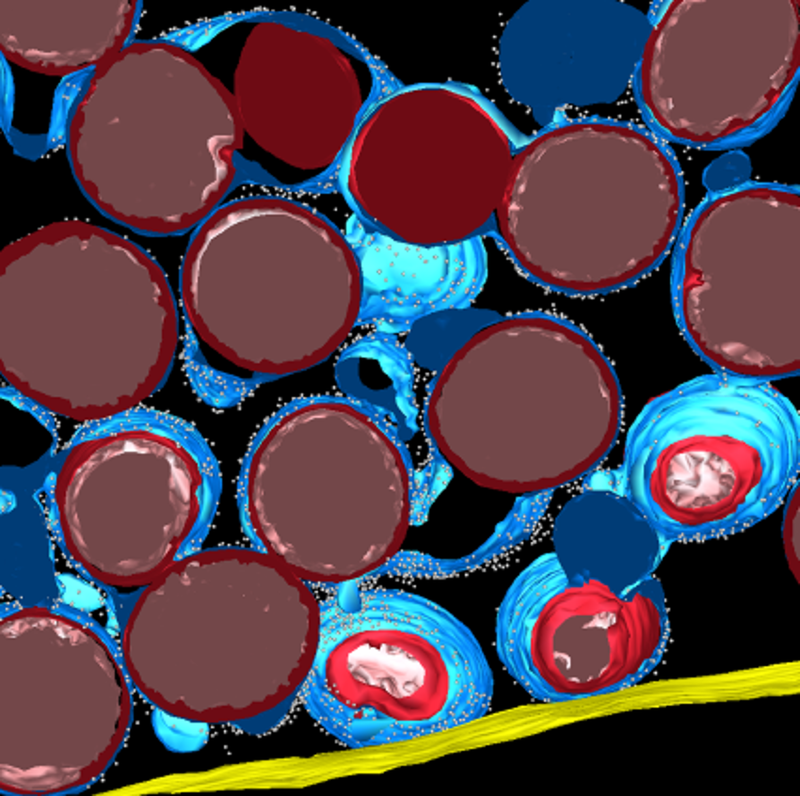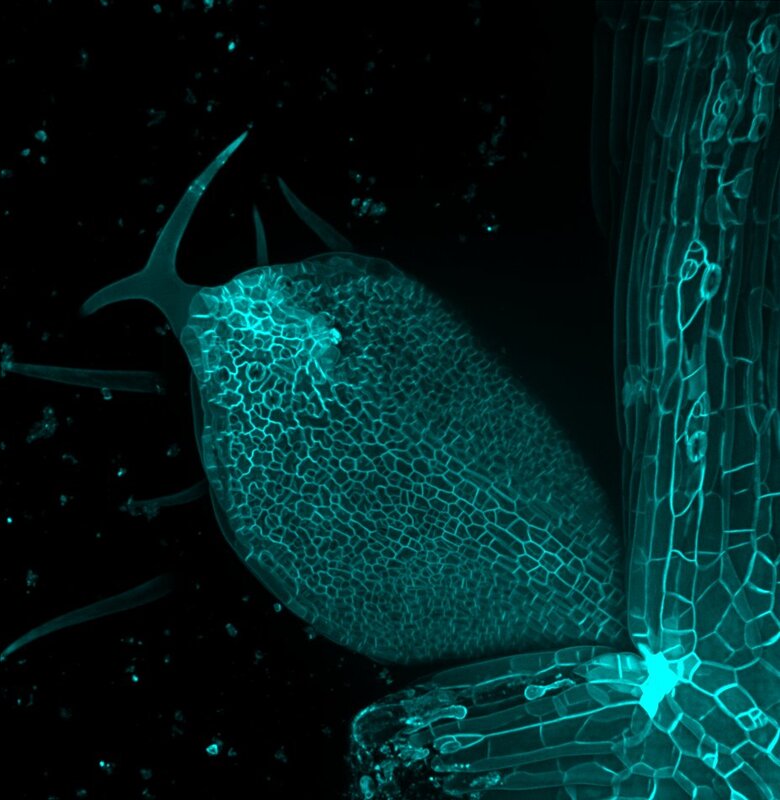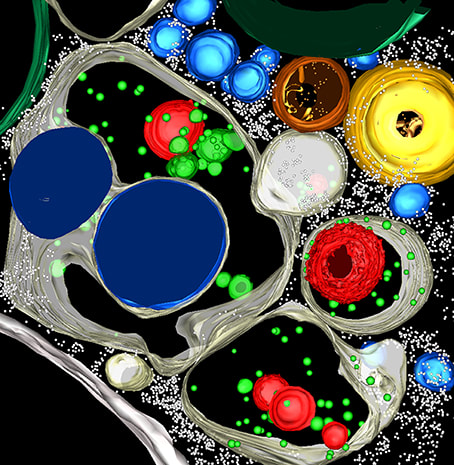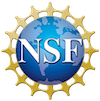Objectives
This workshop brought together a community of interdisciplinary scientists to brainstorm broad directions the Plant Cell Atlas (PCA) Initiative should take, challenges it might face, and ways to prepare for those challenges. The workshop featured invited talks and breakout sessions focused on technical challenges, community wants and needs, and the conceptual goals of the PCA.
Overall Goals:
You can find recordings of the talks and Q&A sessions for each day on the Plant Cell Atlas YouTube Channel. Links to individual talks and Q&A sessions can be found in the agenda.
Workshop Organizers and Speakers
- Build a community that shares the vision of this initiative and works collaboratively to develop the PCA.
- Solicit input from the community about critical questions such as:
- What information gaps are most urgent?
- What levels of data quality and validation will optimize the utility of this resource?
- What are the benefits of this initiative to science and society?
- Discuss data standards, data sharing policies, and efforts to build the PCA into a scientific resource.
- Identify and discuss the challenges and bottlenecks that this project will face.
- Develop ideas and identify emerging tools and experimental methodologies that will contribute to a high-resolution, high-throughput characterization of localization, interaction, and functional attributes of cellular proteins.
- Develop white papers and a set of recommendations.
You can find recordings of the talks and Q&A sessions for each day on the Plant Cell Atlas YouTube Channel. Links to individual talks and Q&A sessions can be found in the agenda.
Workshop Organizers and Speakers
Agenda
Session 1: Friday, May 15, 2020
|
8:00 AM - 8:10 AM
|
|
8:10 AM - 8:30 AM
|
Session 1 Talks: Vision for Plant Cell Atlas - Biological questions that will be enabled
Dominique Bergmann (Stanford University) Plant development and cell fate determination
Uta Paszkowski (University of Cambridge)
Plant-microbe interactions | ||||||
|
8:30 AM - 8:45 AM
|
Talks Q&A Session
|
|
8:45 AM - 9:30 AM
|
Breakout Session 1: Scientific challenges
|
|
9:30 AM - 10:00 AM
|
Rejoin and Report-out
|
Session 2: Friday, May 22, 2020
|
8:00 AM - 8:10 AM
|
|
8:10 AM - 8:30 AM
|
Session 2 Talks: Tools and Techniques for PCA
Alexander Jones (Sainsbury Laboratory ) Emerging live imaging techniques & tools Markita Landry (University of California, Berkeley)
Emerging plant transformation techniques & tools |
|
8:30 AM - 8:45 AM
|
Talks Q&A Session
|
|
8:45 AM - 9:30 AM
|
Breakout Session 2: Technology
|
|
9:30 AM - 10:00 AM
|
Rejoin and Report-out
|
Session 3: Tuesday, June 2, 2020
|
8:00 AM - 8:10 AM
|
|
8:10 AM - 8:30 AM
|
Session 3 Talks: Broader Impacts, Infrastructure, and Community Building
Nicholas Provart (University of Toronto) Visualizing the PCA |
|
8:30 AM - 8:45 AM
|
Talks Q&A Session
|
|
8:45 AM - 9:30 AM
|
Breakout Session 3: Broader Impacts + Community Building
|
|
9:30 AM - 9:55 AM
|
Rejoin and Report-out
|
|
9:55 AM - 10:00 AM
|
Closing Remarks by Eric D. Isaacs and Sue Rhee
|

